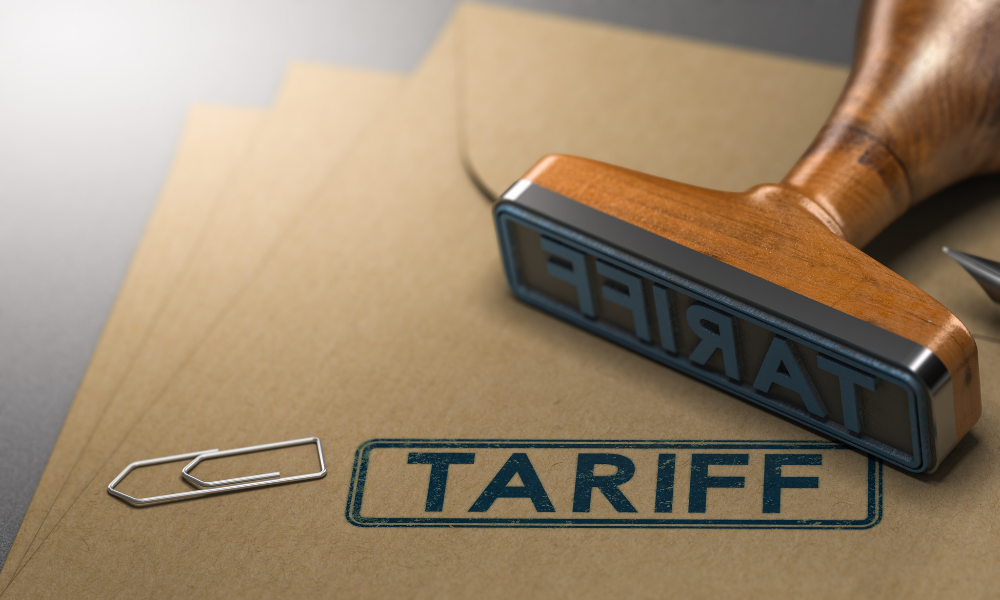Leaders discuss tariffs, economy, and security

Canadian prime minister Justin Trudeau’s recent meeting with US president-elect Donald Trump ended with no clear resolution on Trump’s proposed 25% tariffs on Canadian imports, leaving a cloud over US-Canada trade relations.
The talks, held at Trump’s Mar-a-Lago estate in Florida, touched on trade, security, and cross-border challenges, but no resolution was reached on the tariff threat, the Associated Press reported.
High-stakes trade talks
The three-hour dinner meeting was Trudeau’s attempt to stave off a potential 25% tariff on Canadian goods. Trump, who has tied the tariff proposal to combating illegal immigration and drug trafficking, did not signal any change in his stance.
Trudeau described the conversation as “excellent” after the meeting.
“[I look forward to] the work we can do together, again,” he wrote on social media, sharing a photo of the two leaders.
Trump, however, emphasized his commitment to tackling issues he claims are impacting American workers, including drug trafficking and “unfair” trade practices. He highlighted fentanyl as a significant concern, suggesting that Canada and Mexico bear partial responsibility for the drug crisis in the US.
“[We discussed] many important topics that will require both countries to work together to address,” he wrote on social media. Trump said Trudeau had committed to addressing the flow of fentanyl, particularly from China, which he alleges passes through Canada before entering the US.
Trump offered no indication of withdrawing his tariff proposal. The potential 25% levy on Canadian goods could have severe consequences for industries on both sides of the border, from energy and steel to agriculture and consumer goods.
With Canada sending 77% of its exports to the US, the impact could ripple across the nation’s economy, which is highly trade-dependent. Trudeau warned that such tariffs would backfire, hurting not just Canadian workers but also raising costs for American consumers.
“It is important to understand that Donald Trump, when he makes statements like that, he plans on carrying them out,” Trudeau said.
“Our responsibility is to point out that he would not just be harming Canadians, who work so well with the United States, but he would actually be raising prices for Americans citizens as well and hurting American industry and business.”
Trump’s stance recalls similar tariff measures from his first term, which led to retaliatory actions from Canada. In 2018, Canada imposed billions in duties on US goods in response to American tariffs on Canadian steel and aluminium.
The current threat could undermine the revised North American trade agreement, which both countries previously celebrated as a “win-win.”
“Tariffs are a crucial issue for Canada, and a bold move was in order,” Daniel Béland, a political science professor at McGill University, told AP News. He described Trudeau’s outreach as a calculated risk to protect Canada’s economic interests.
As Canada’s largest trading partner, the US accounts for nearly $2.7 billion in daily cross-border trade. Beyond goods, the two nations share critical energy ties, with Canada supplying 60% of U.S. crude oil imports and 85% of its electricity imports. The proposed tariffs could disrupt these vital exchanges and complicate efforts to strengthen economic cooperation.
Beyond trade
In their three-hour dinner meeting, the leaders reportedly discussed a wide array of topics, including energy, NATO, Arctic security, and preparations for the 2025 G-7 summit in Canada. Trump also acknowledged the importance of addressing border issues and tackling economic concerns, though no concrete commitments were made
Read next: Canada, US face 'severe' economic impact from Trump tariffs: report
US customs data shows a stark disparity in drug and migrant flows across its northern and southern borders, with Canadian crossings accounting for far fewer seizures and arrests. Still, Trump linked his tariff threats to broader concerns about securing US borders and protecting domestic industries.
Make sure to get all the latest news to your inbox on Canada’s mortgage and housing markets by signing up for our free daily newsletter here.



